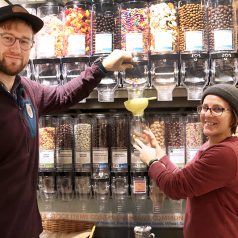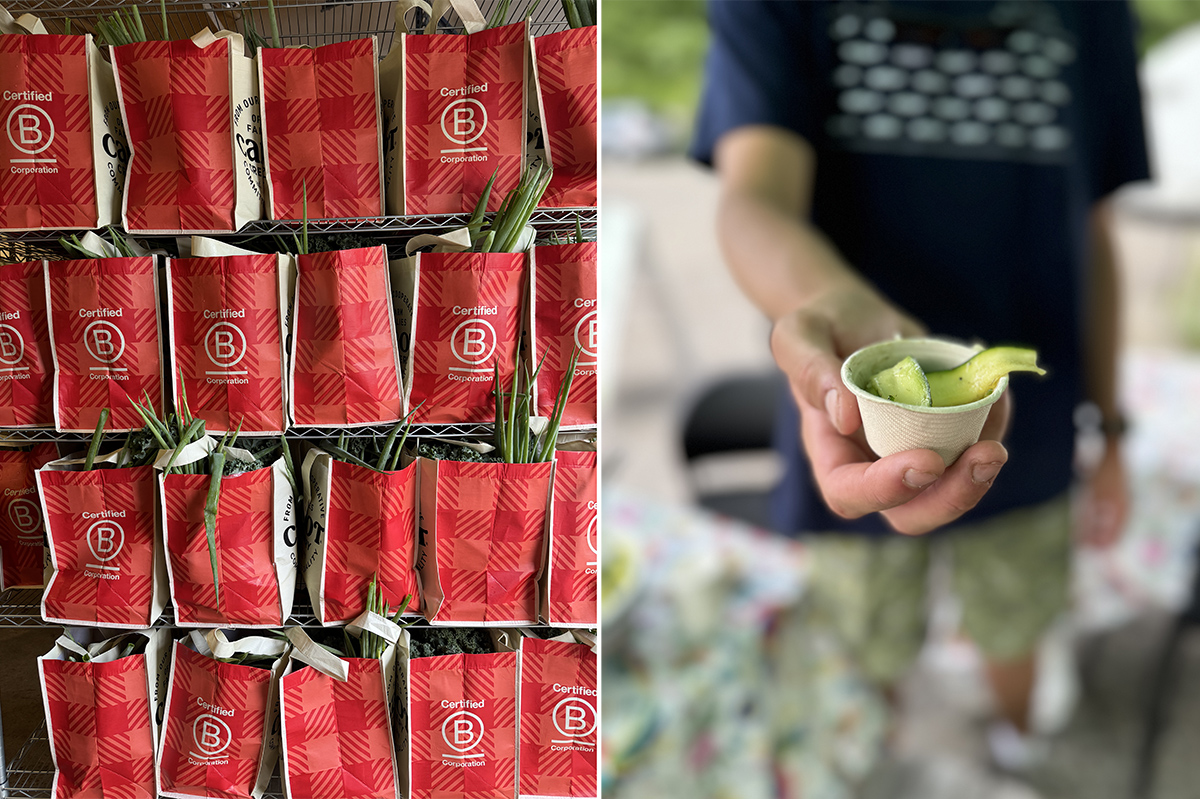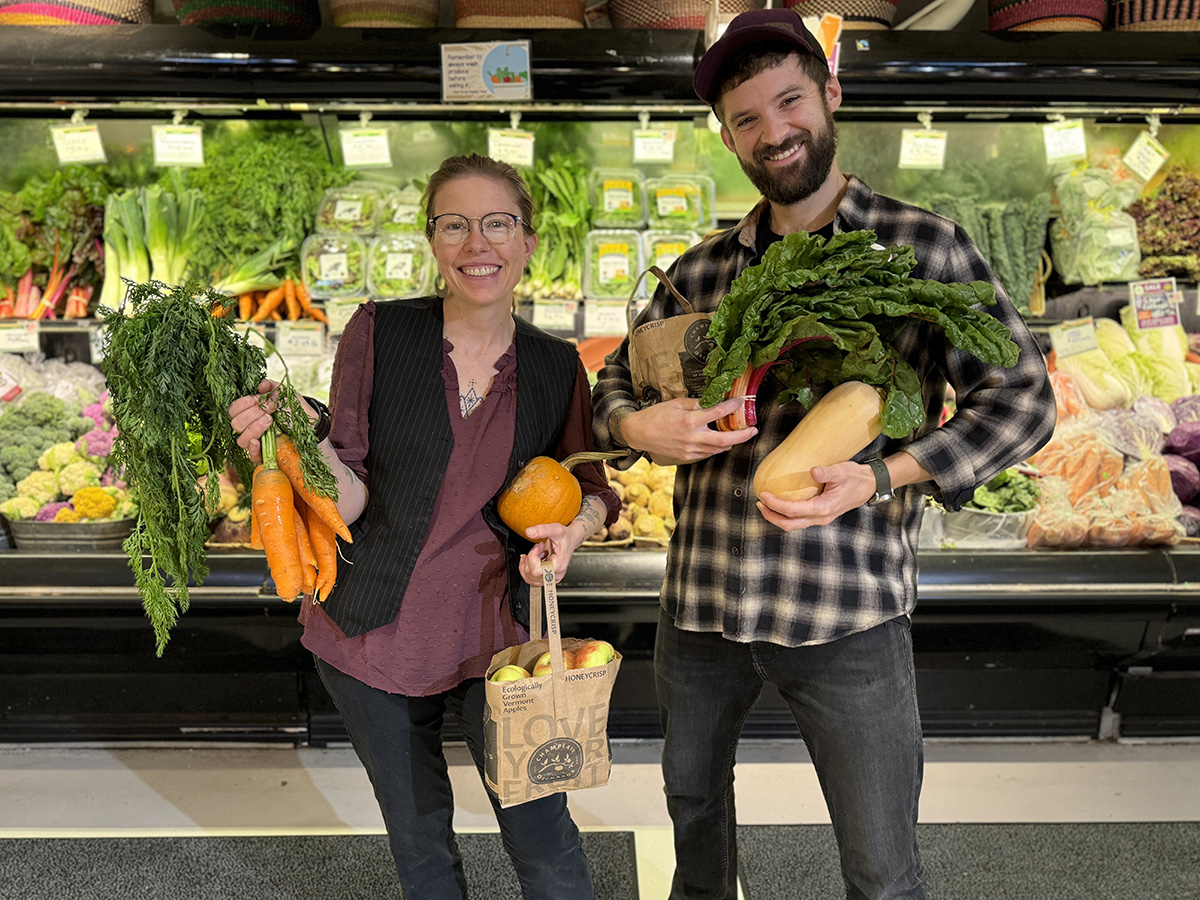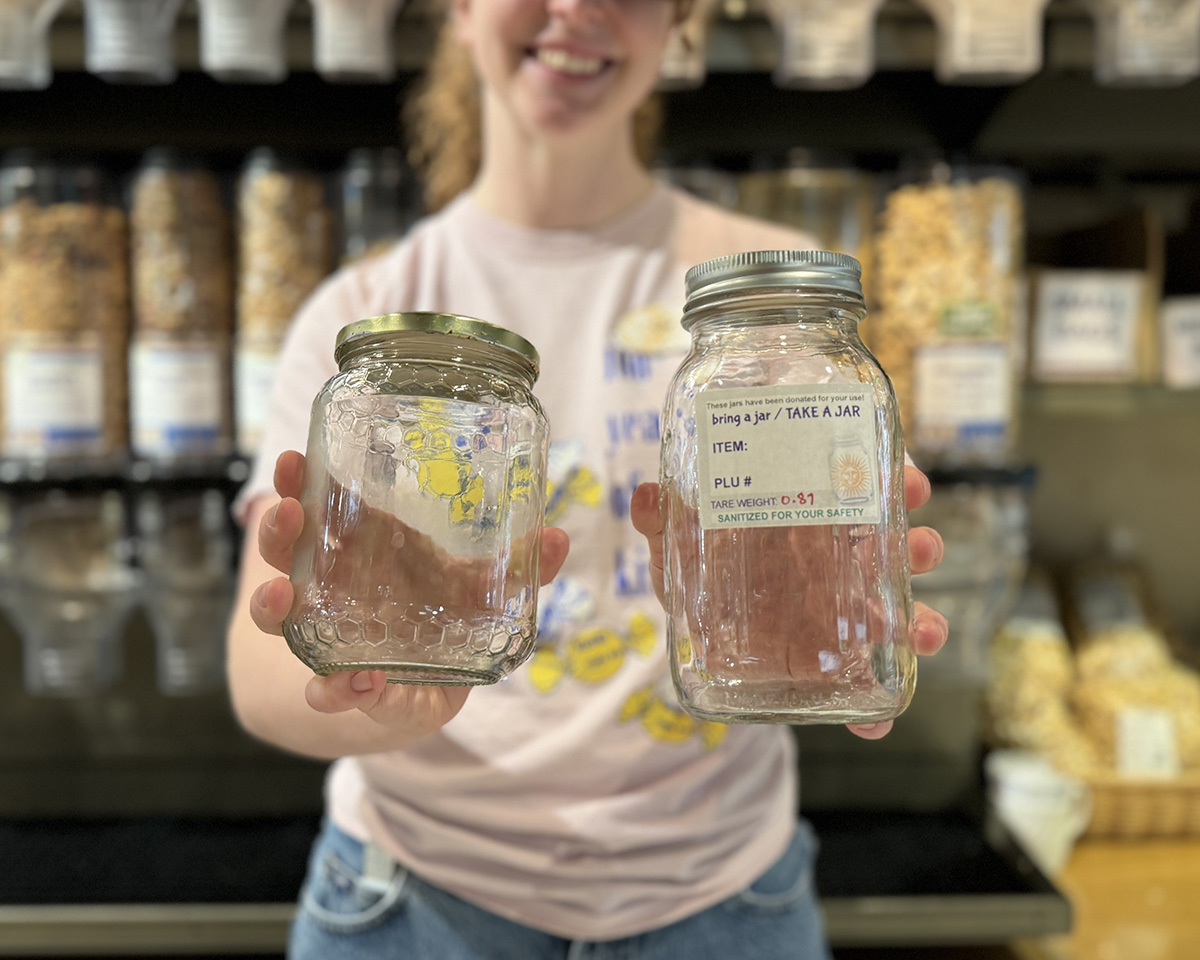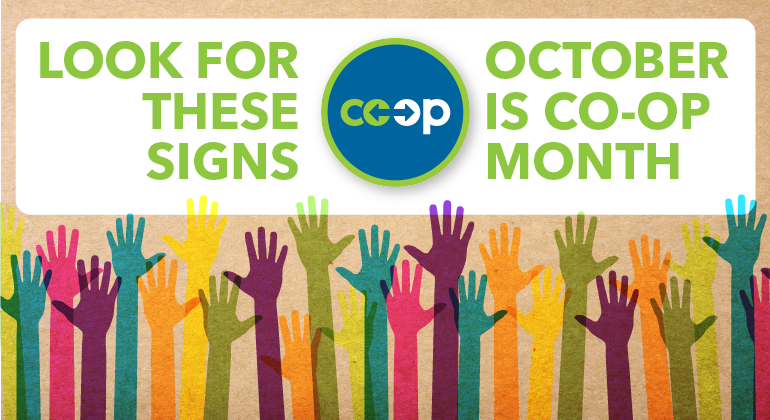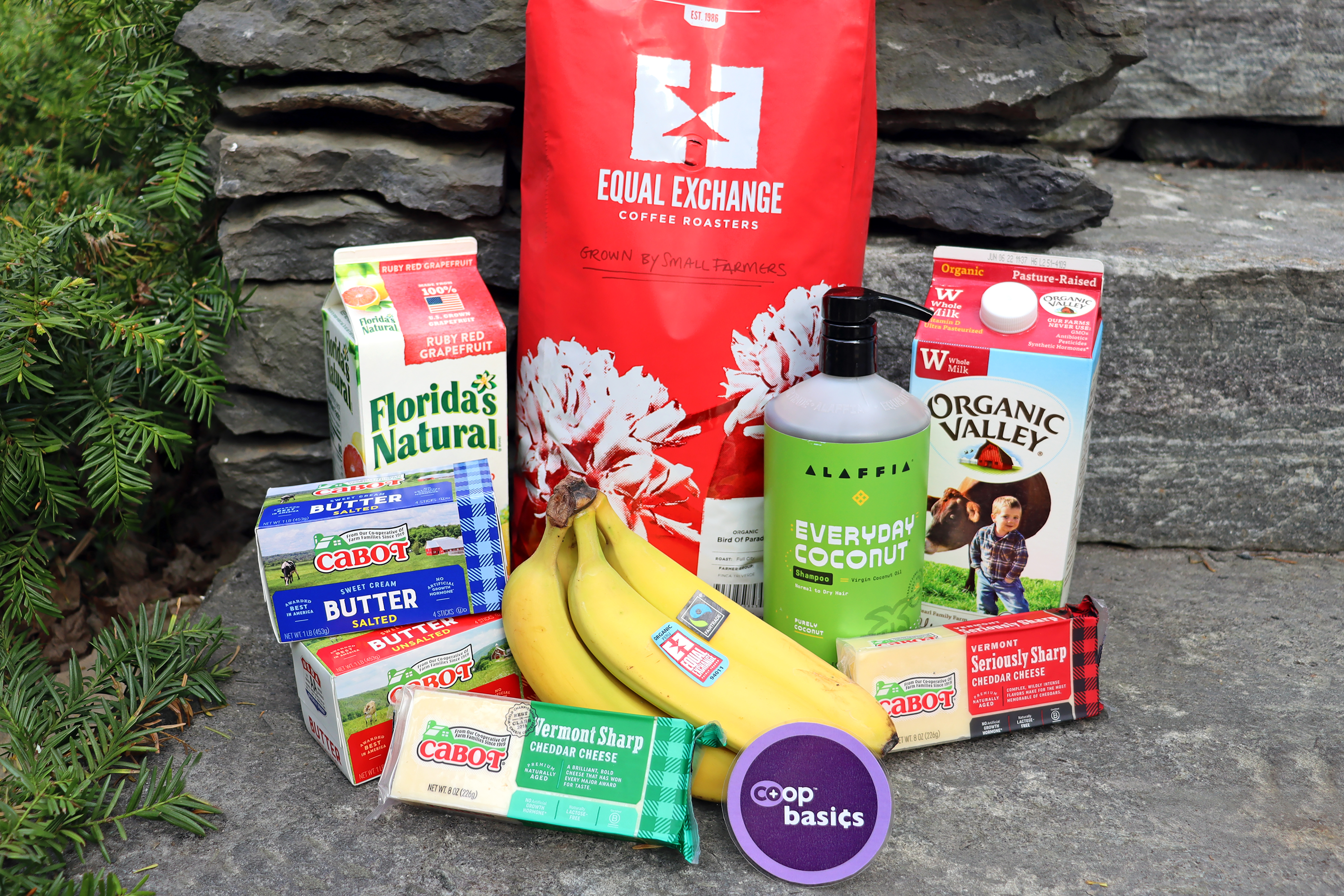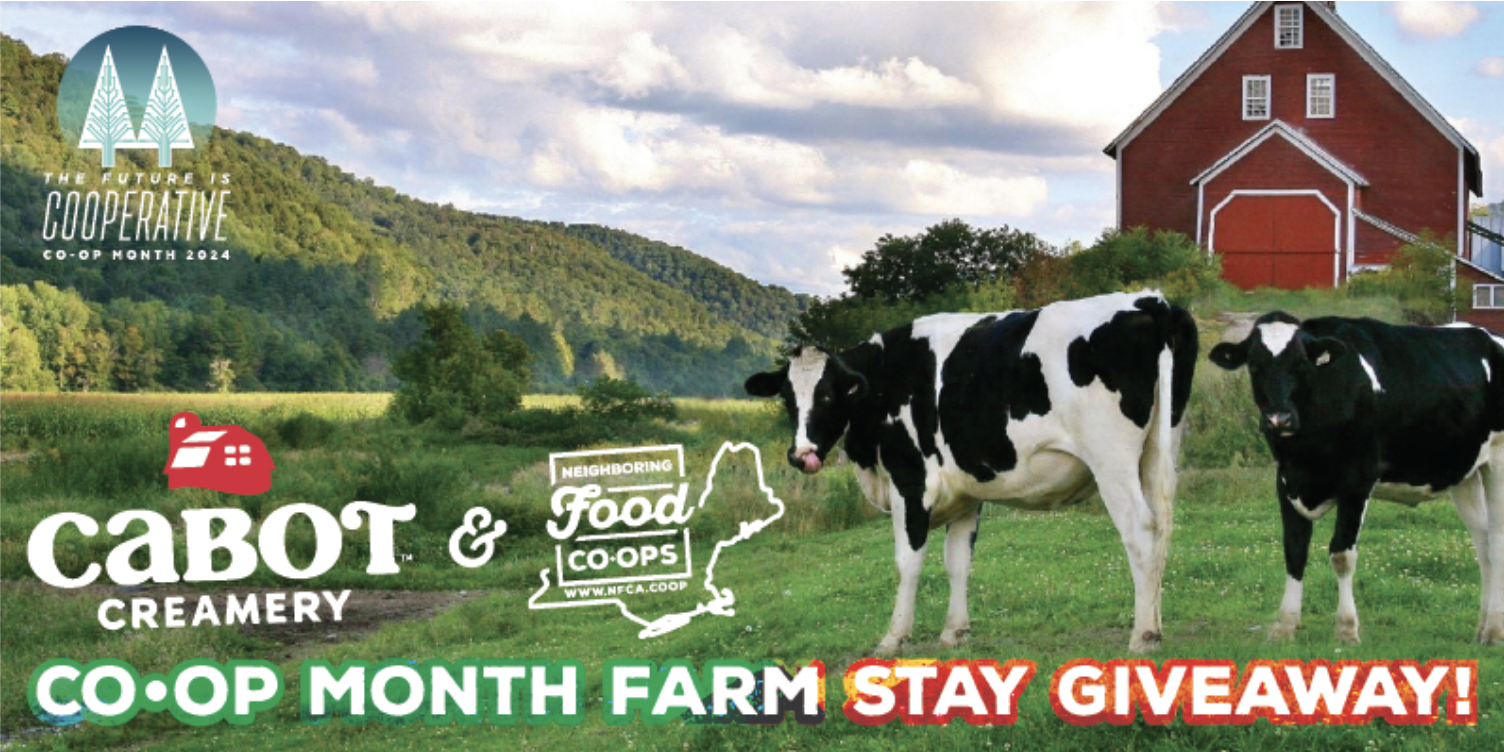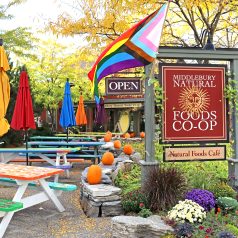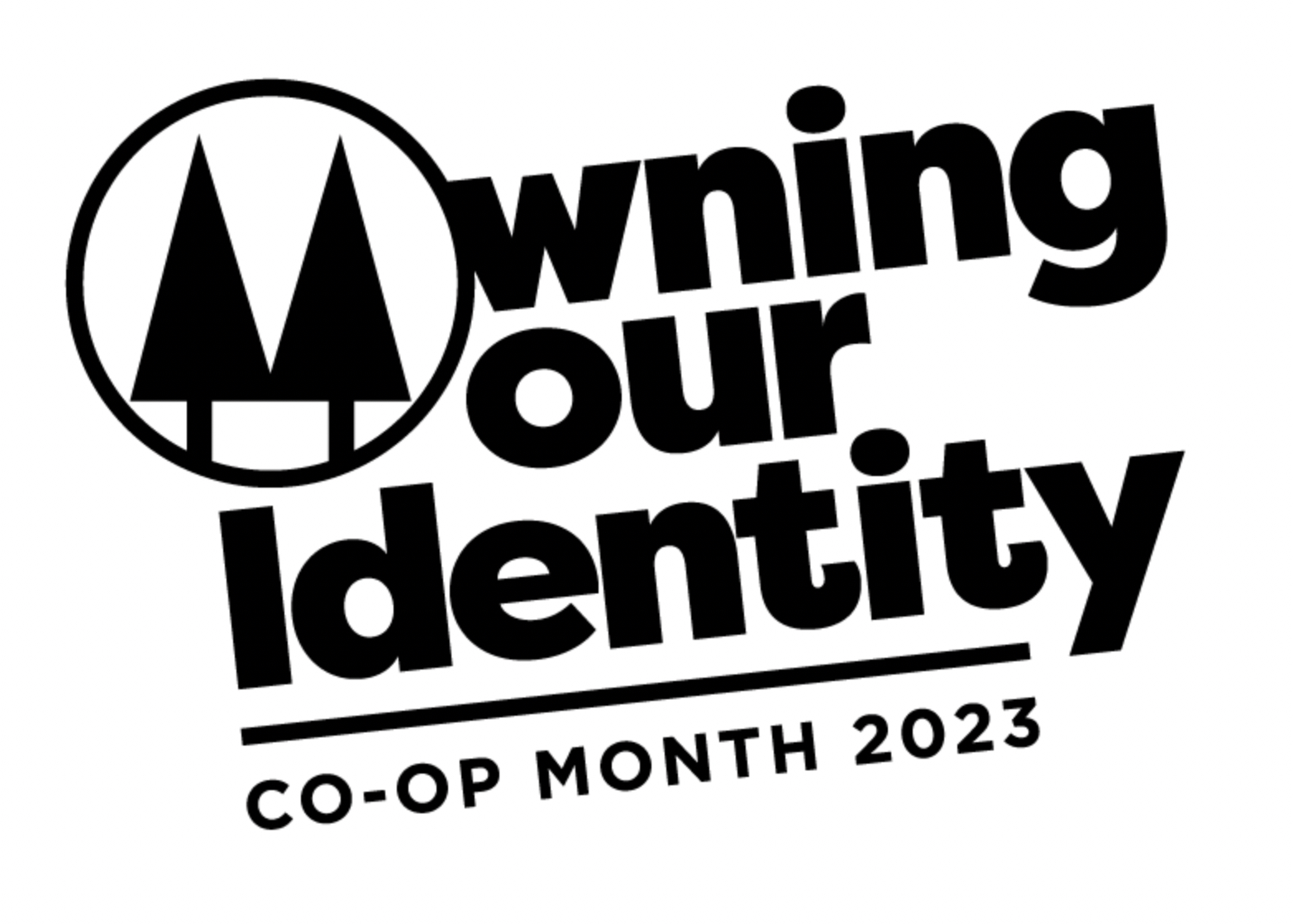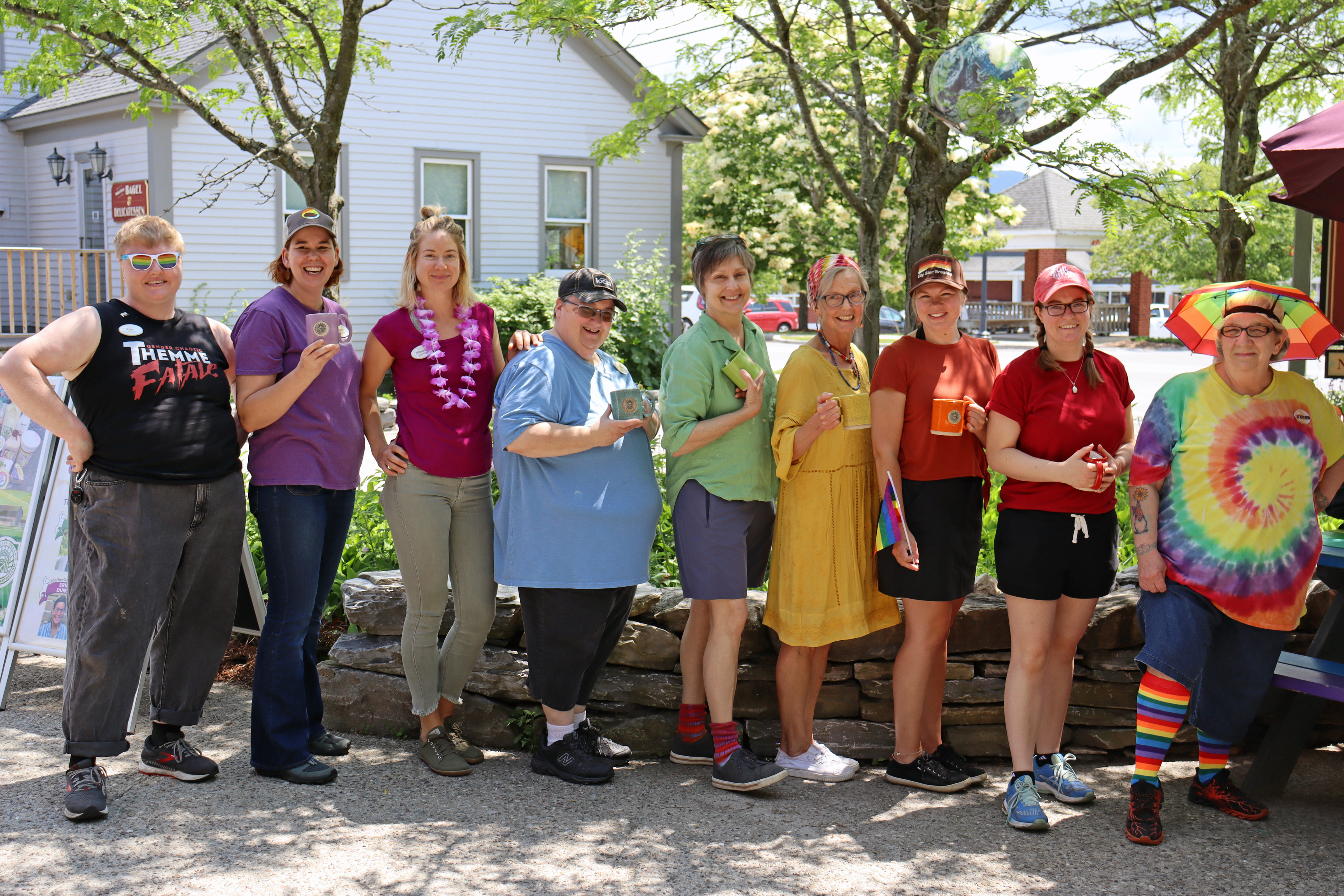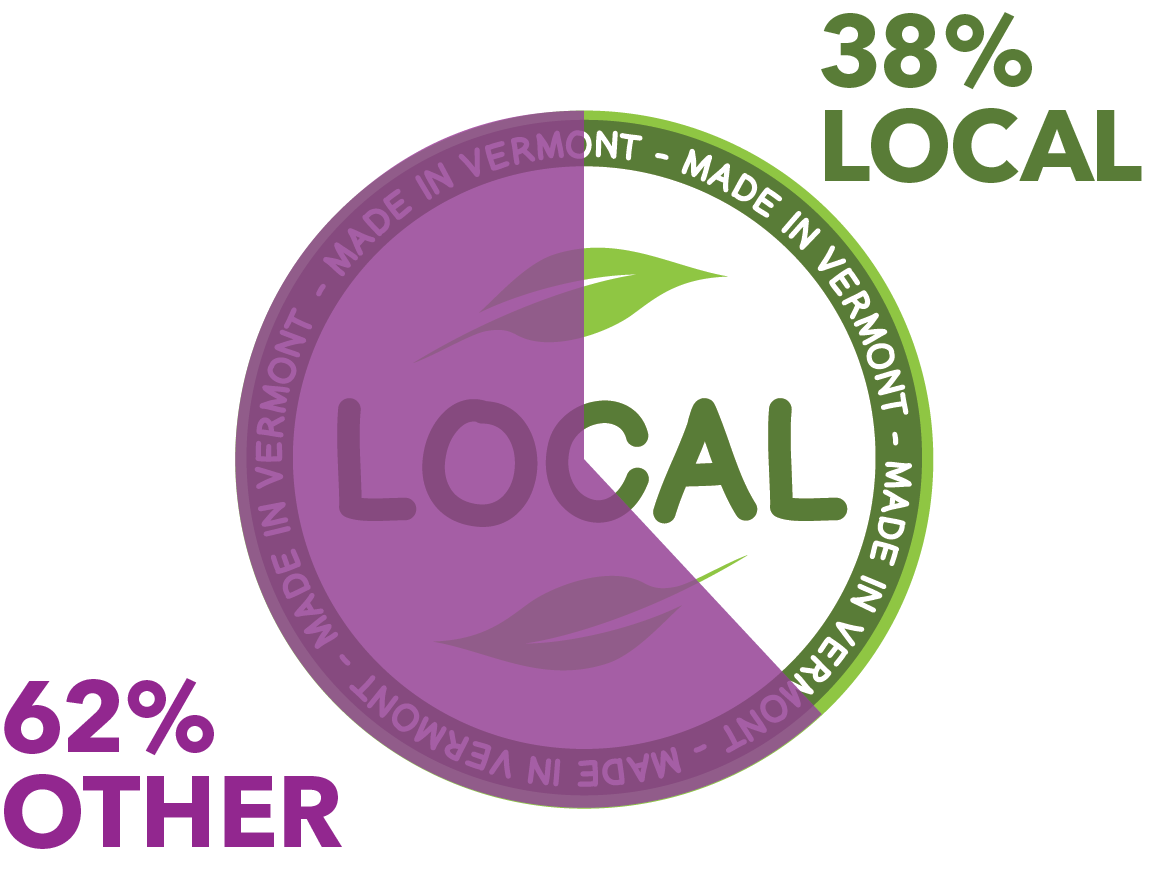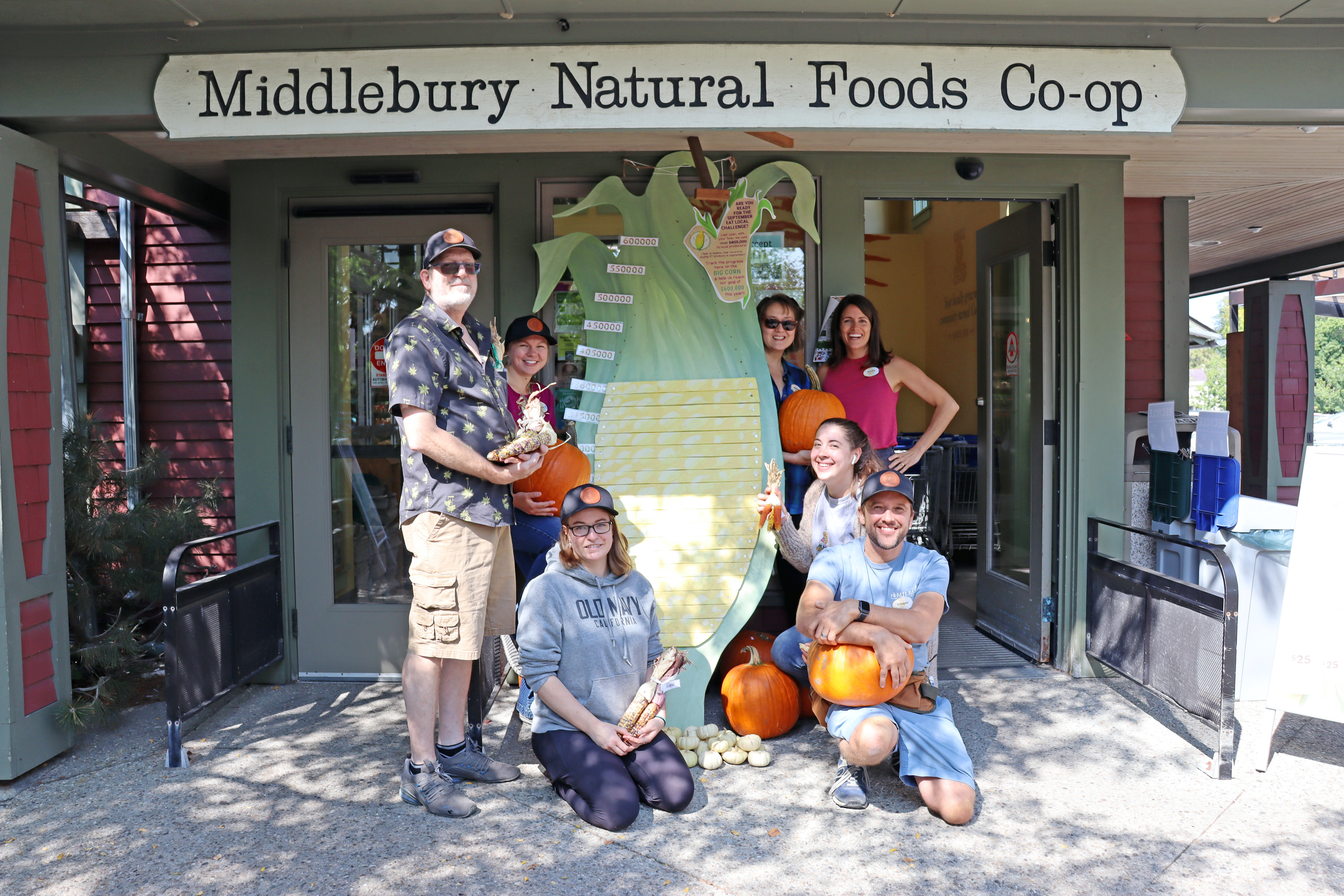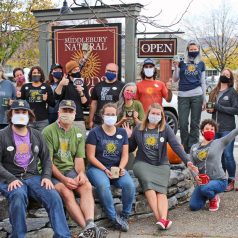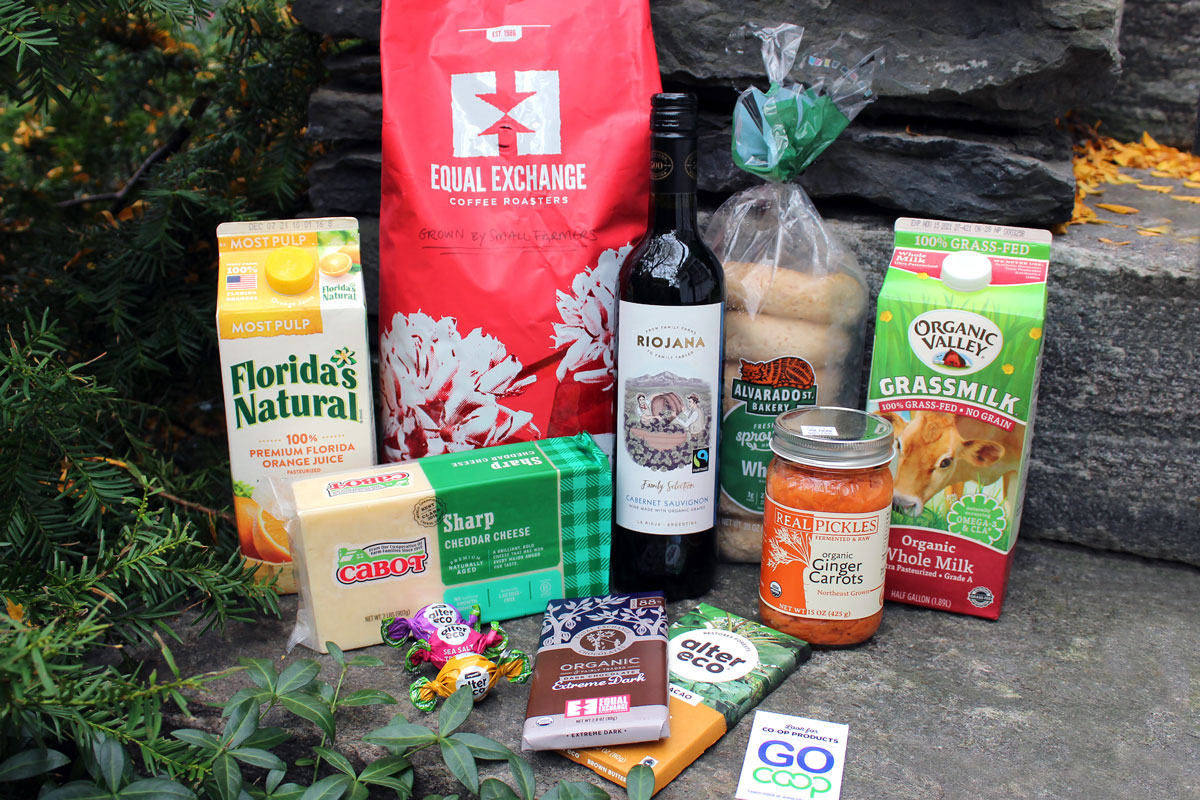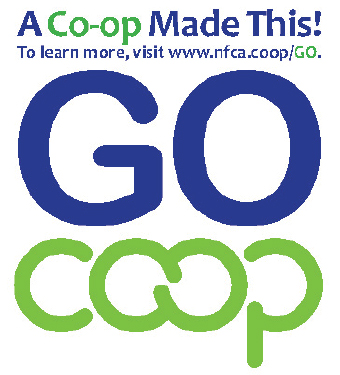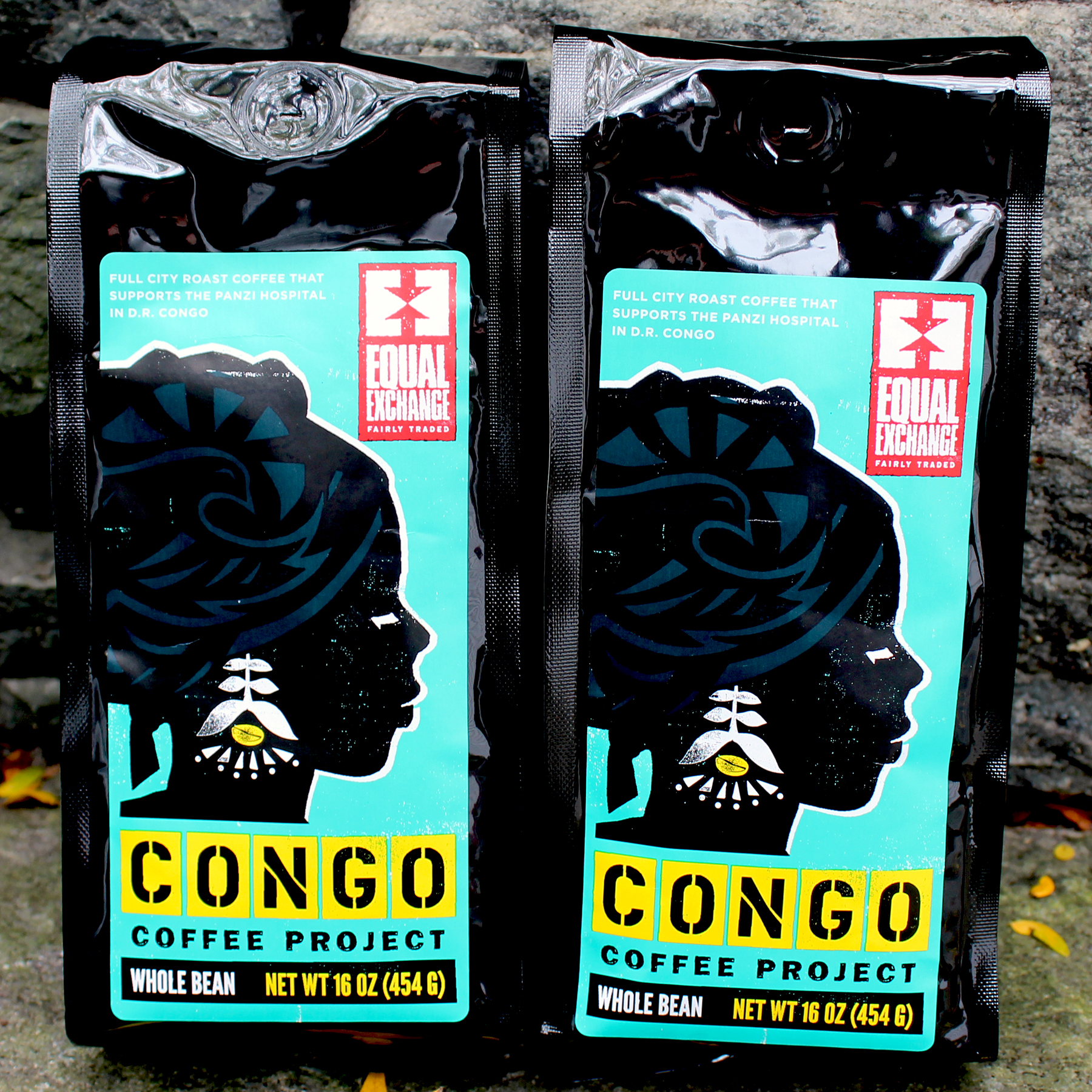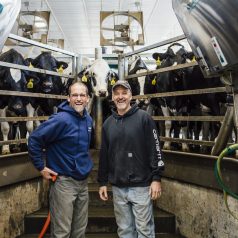
Spotlight on Cabot Creamery
We’re casting our Co-op Spotlight on Cabot Creamery this week to shed a little light on this 102-year-old cooperative creamery, established at a time when cows outnumbered people in Vermont. Cabot’s full line of dairy products is 20% for member-owners from November 7-13. Read on to learn all about their humble beginnings, the local farmers that are part of this cooperative, and how the Cabot name became synonymous with dairy in Vermont.
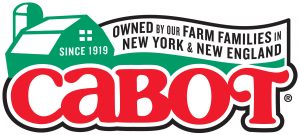
The Cabot Creamery, headquartered in Waitsfield, VT, is a cooperative made up of more than 800 dairy farm families located throughout New York and New England. They also manage four plants in three states, employing over 1,000 people, who make “The World’s Best” cheese and dairy products.
The Cabot story reaches back to the beginning of the 20th century. In those days, the cost of farming was low and most farmers produced way more milk than they could market. So, in 1919, farmers from the Cabot area figured that if they joined forces, they could turn their excess milk into butter and market it throughout New England. Ninety-four farmers jumped on board, purchased the village creamery (built in 1983), and began producing butter.
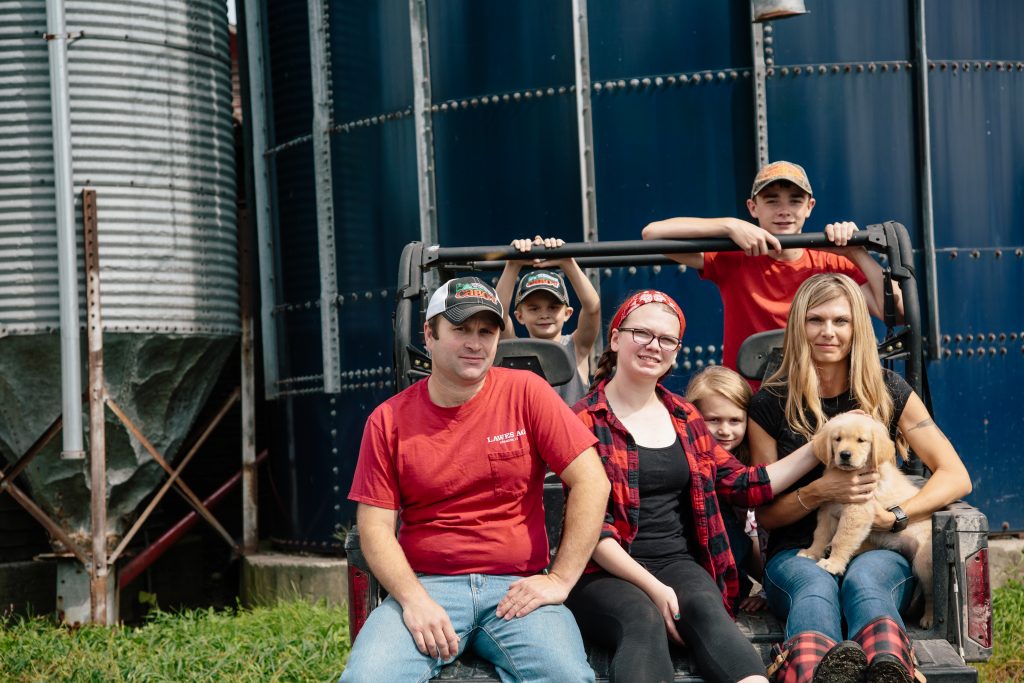
Over the next two decades, as the nation’s population flocked to urban areas, Cabot’s farmer-owners thrived by shipping their milk and butter south. While the national economy shifted away from agriculture, the Vermont economy was still largely based on dairy farming. In fact, in 1930, cows outnumbered people! It was at this time that the company hired its first cheesemaker and cheddar cheese entered the product line for the first time. By 1960, Cabot’s membership reached 600 farm families at a time when the total number of operating farms around the nation was in sharp decline.
Steady growth continued and 1992 was a pivotal year in Cabot’s history as their farmer-owners merged with the 1,800 farm families of Agri-mark, a southern New England co-op dating back to 1918.
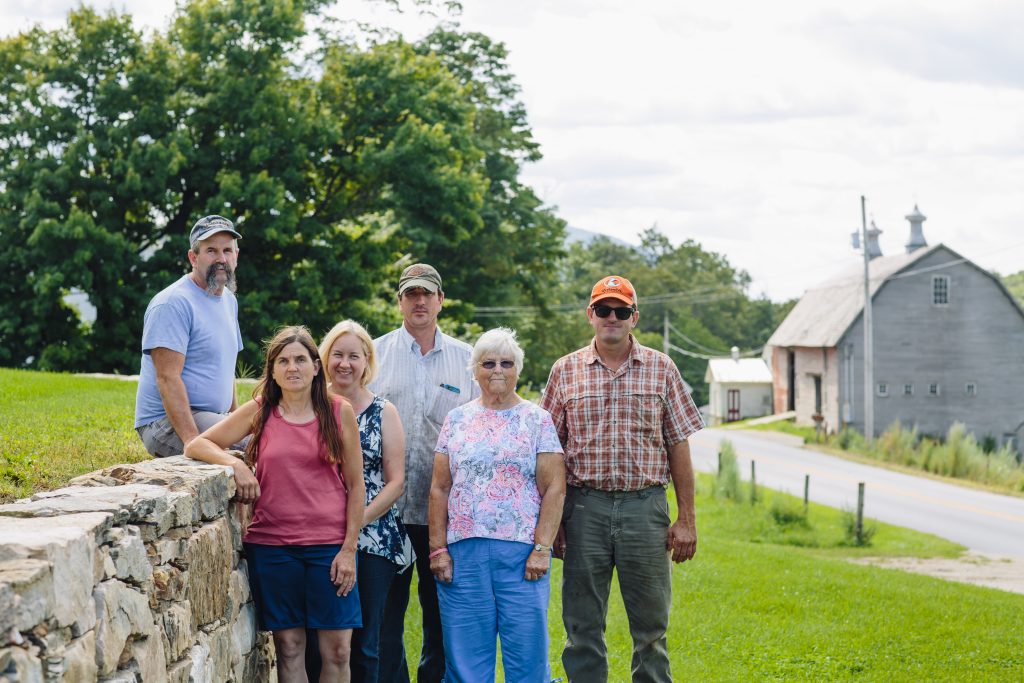
Today, Cabot blends state-of-the-art facilities and a savvy entrepreneurial spirit with the timeless values and personal commitment to quality that comes from being 100% owned by their farm families. In the Middlebury facility, they installed a huge new piece of machinery that allows them to process 4,000 more pounds of cheese curd per hour than the 8,000 pounds the previous machine handled. This 22-ton piece of equipment known as the CheeseMaster will increase the production of the 26 truck-sized vats — each holding enough milk to make 6,000 pounds of cheese — that get filled daily.
The Middlebury facility runs 24 hours a day/seven days a week and serves to make and age Cabot’s famous Vermont Cheddar. The plant also processes whey liquids, which are leftover from the cheesemaking process, to produce whey proteins and permeate, which is sold around the world. Additionally, the facility serves as a warehouse for cheese and whey products, with the capacity to store up to 2 million pounds of cheese. On a daily basis, over 100 Vermont and New York dairy farmers supply the milk for the Middlebury plant, although that number increases on weekends and holidays when other plants are closed. Addison County is one of the largest membership areas in the farmers’ coop, helping to supply the milk that comes to the plant every day.
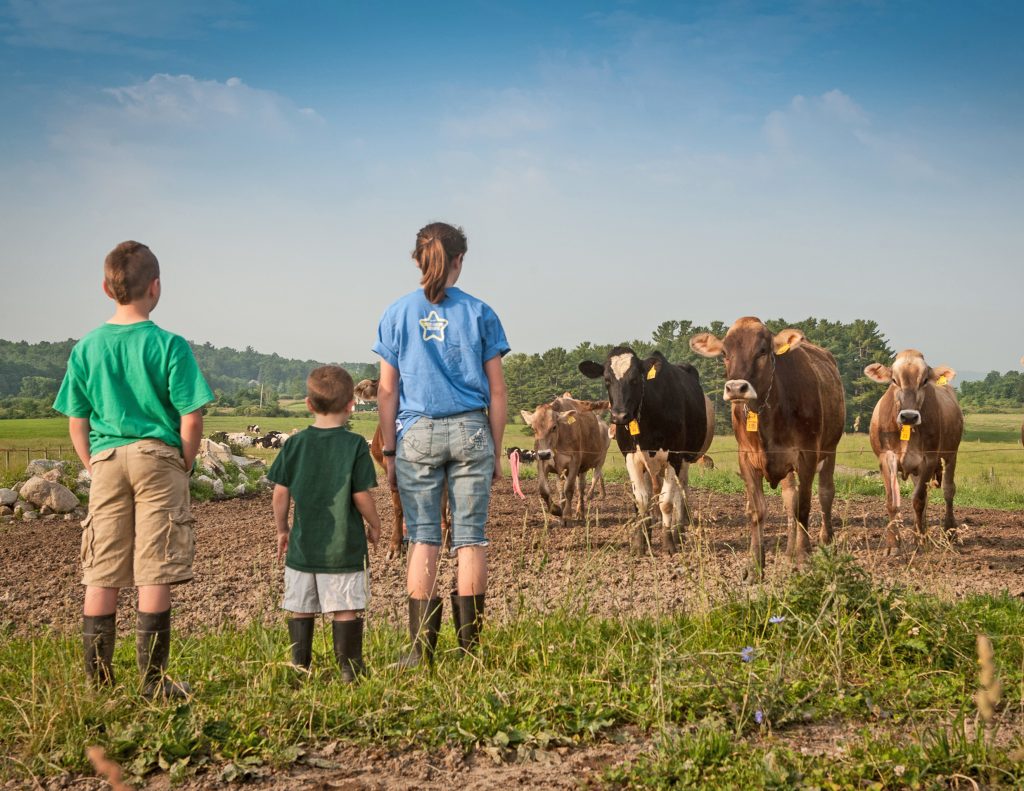
To learn more about the eight farms in Addison County that are part of the Cabot Cooperative, click on the links below:
- Blue Spruce Farm – Bridport
- Champlainside Farm – Bridport
- Cher-Mi Farm – North Orwell
- Foster Brothers Farm – Middlebury
- Four Hills Farm – Bristol
- Kayhart Brothers Dairy – West Addison
- Lucas Dairy Farm – Orwell
- North Wind Acres – Shoreham
- Wilcon Farm – North Ferrisburg
- Woodnotch Farm – Shoreham

